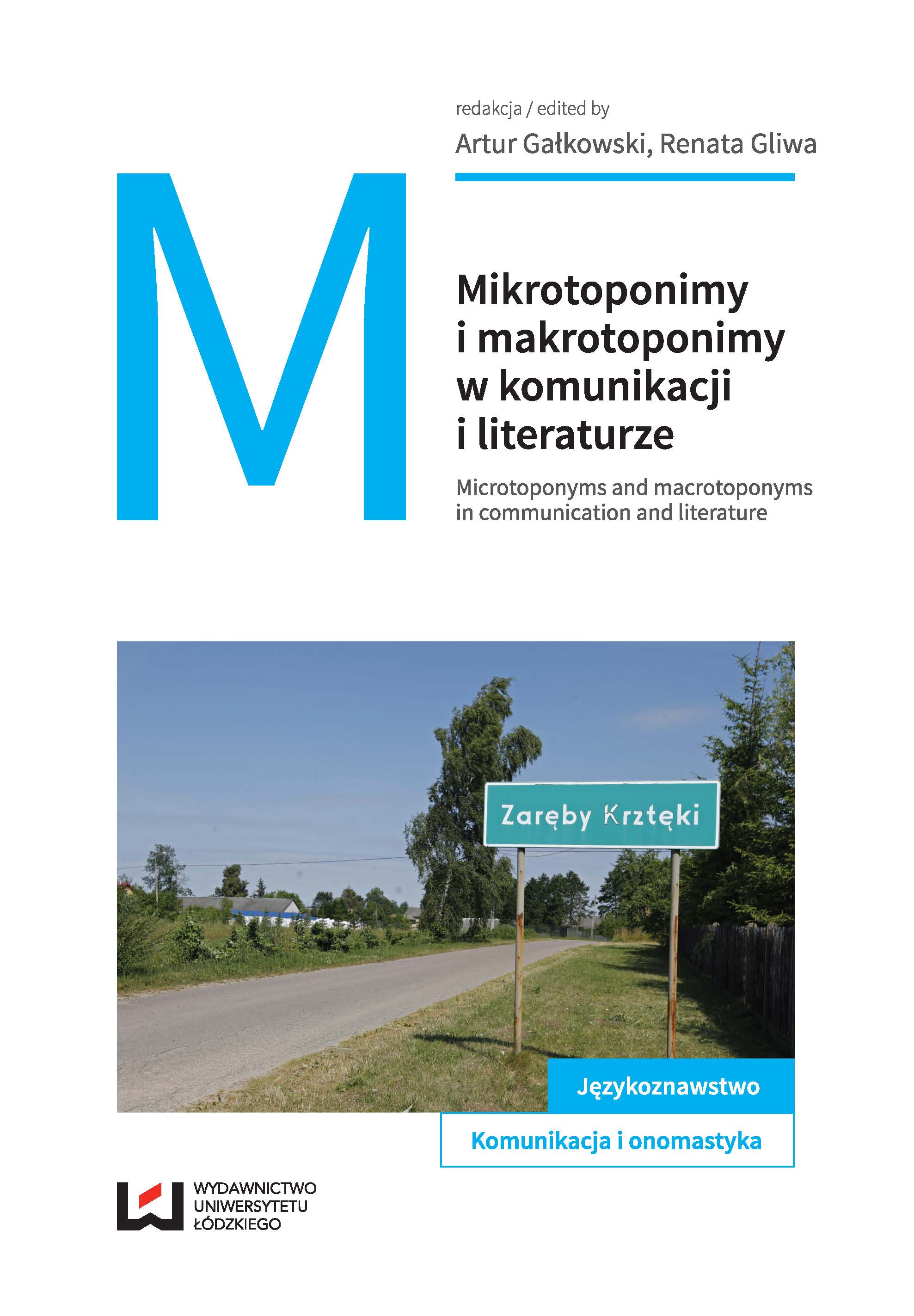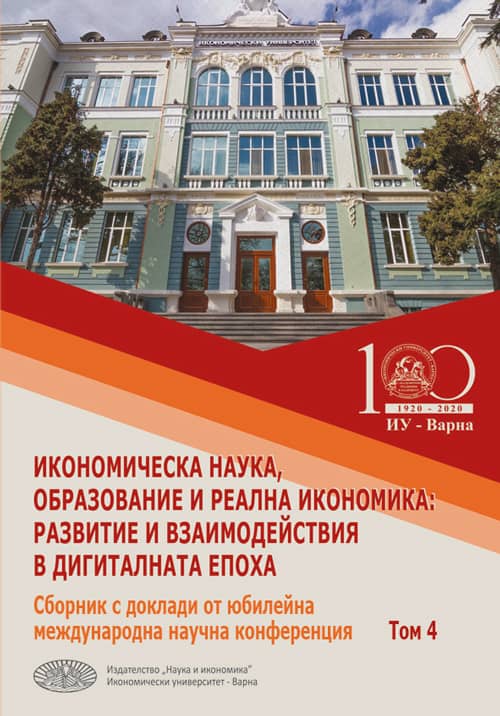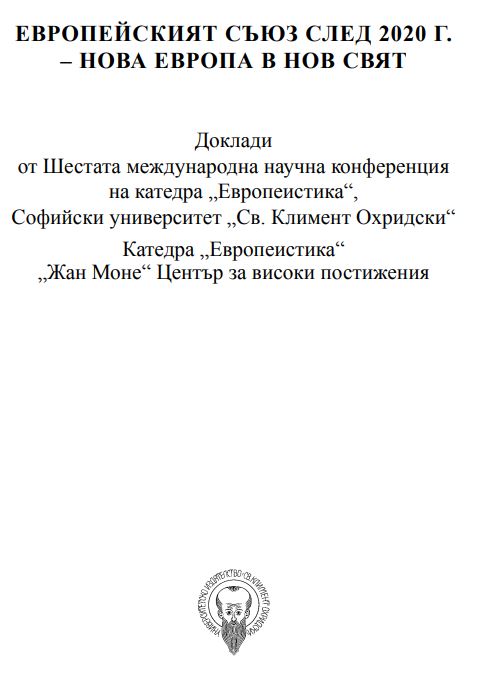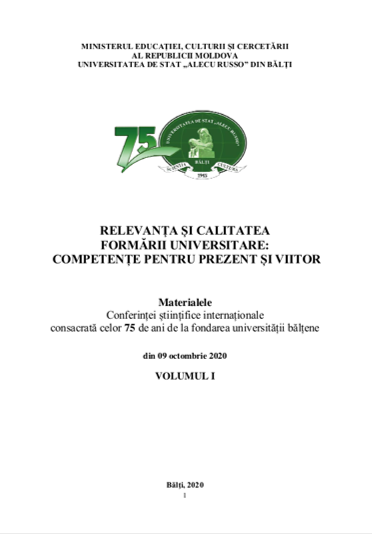
Nazwy przystanków komunikacji miejskiej w Polsce. Punkt widzenia językoznawcy i organizatora komunikacji miejskiej
The paper focuses on the status and motivation of the formation of the names given to the stops of the urban transport in Poland. The names in question, taken from some Polish cities, are gathered and analysed. The author explains the methods of creating names and establishes some structural models. The main conclusion is as follows: there is a strong relation between the urbanonyms (especially – the street names or other public place names, logonyms, institutiononyms and apellatives) and the names of the urban transport stops. At prezent many Polish cities begin to systemise the names in question. All the names are compared with the rules stated in an official instruction of the Ministry of Transport, Construction and Maritime Economy. In the conclusion the author draws some subsequent questions and problems.
More...


